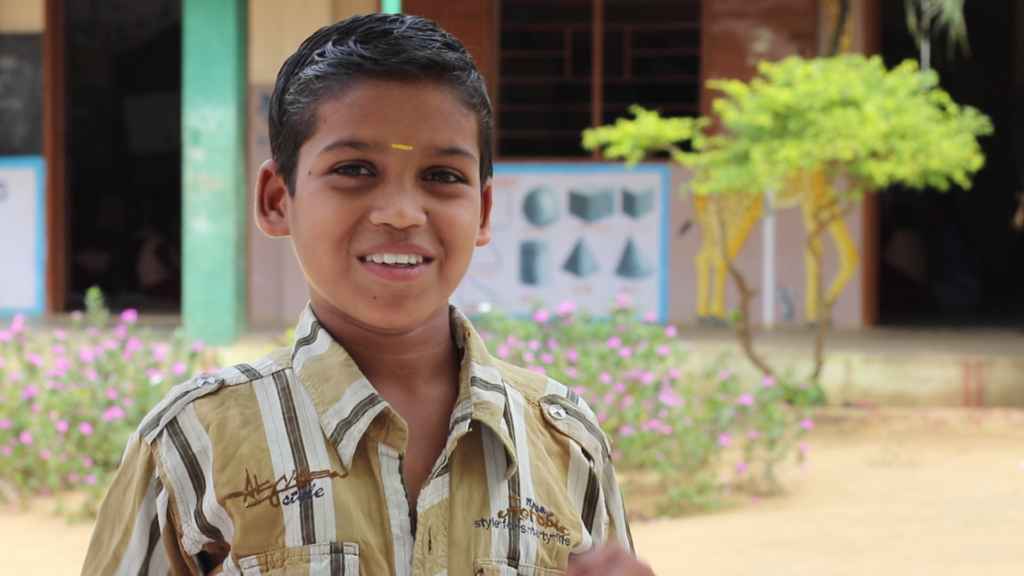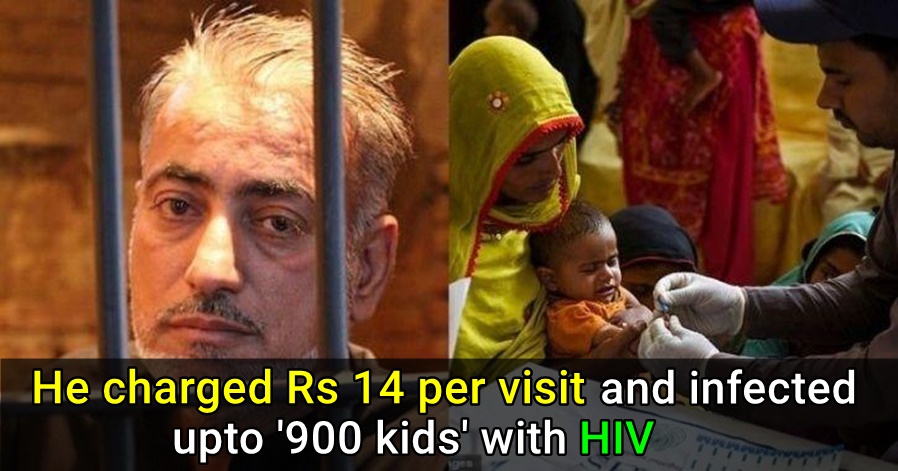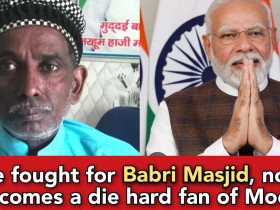No products in the cart.
Story of a 12-yr-old boy- he was nominated for International Peace Prize for Children award
Education plays a substantial role in one’s life as it creates employment opportunities. In a modern world, where education is a necessity, many other students in India still face hindrance to finishing their education.
According to the Ministry of Human Resource Development, six million students between the ages of 6 and 13 do not go to school in India. By 10th grade, nearly half of all the students backed out of school.

Sakthi Ramesh was one of the guys who was forced to drop out of the school before completing his education. Life has not been good for Sakthi as he grew up in poverty in Tiruvannamalai district in Tamil Nadu. At the age of 8, he begged and sold beads, as per the reports from Times Of India.
When Sakthi thought he could not go after education for a bright future, little did he know that his life would take a U-turn. Thanks to the special education program, an initiative that helps to provide a better education for the school dropouts. Now that, Ramesh can breathe a sigh of relief as he is a part of the school system.
Sakthi Ramesh was nominated for the prestigious International Peace Prize for Children for his work as he helped 25 other kids find the right way to get out of poverty.
He took the bull by the horns and went on a door-to-door campaign convincing parents to send their children to school. He brought the tribal children in his community and made them enrol in his educational program, according to The News Minute.
Interestingly, he is the youngest of 169 nominees for the International Peace Prize for Children 2017, a prestigious award which was previously won by educational rights female icon Malala Yousafzai.
“Sakthi not only transformed himself but also brought a great change in his community. That is why we decided to nominate him for the award. He is the youngest amongst all 169 nominees for the award,” Dr Kalpana Shankar, the co-founder of the organisation that awards the International Children’s Peace Prize told the Times of India.
Sakthi Ramesh believes that children will turn up in numbers and follow up the suit. “The way I made 25 people join, I want more to come. The children I brought will go back to their hometowns and bring their relatives and friends. Twenty-five should become 30, 30 should become 40, and so on. They will all bring more people,” said Ramesh.








